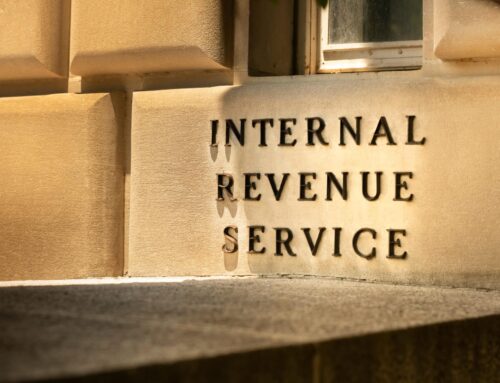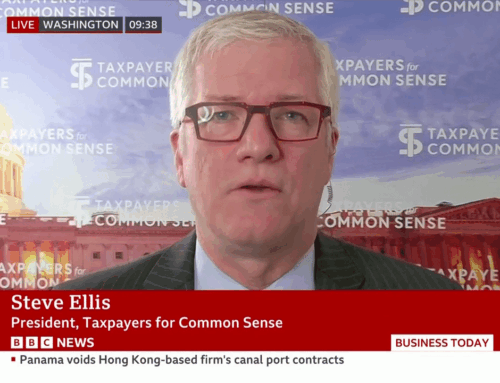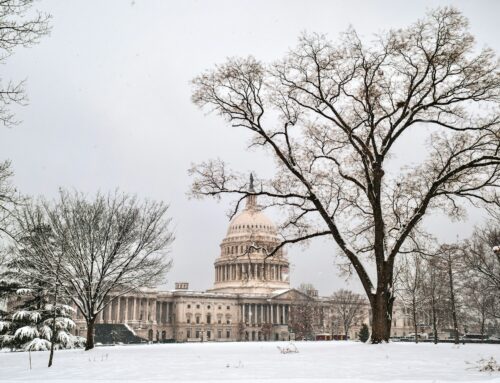The Government Accountability Office (GAO) has been busy over the past several weeks investigating numerous accusations of impoundment made against the Trump administration. Although the nature of each accusation differs, all are based on the same general principle: the Trump administration is in violation of the Congressional Budget and Impoundment Control Act of 1974 (ICA) by refusing to disburse funds it is required by law to spend. The ICA limits when funds appropriated by Congress can be withheld by the President and was enacted after a series of incidents in which the Nixon administration refused to disburse congressionally appropriated funds because it disagreed with how they were to be used. The question of impoundment returned to the spotlight in 2019, when the first Trump administration withheld military aid to Ukraine that had been appropriated by Congress. In that case, the GAO found the administration’s decision to withhold the aid violated the ICA,
According to U.S. Comptroller General Gene Dodaro, the GAO has initiated 39 investigations into accusations of impoundment by the Trump administration. To date, it has published reports on three: one in May involving the Department of Transportation (DOT), and two in June involving the Department of Energy (DOE) and the Institute of Museum and Library Services (IMLS), respectively. The results of these three investigations demonstrate that there is a very narrow set of circumstances under which the executive branch is legally permitted to withhold funds appropriated by Congress.
The ICA allows a president to propose rescissions or temporarily defer spending—but only after formally notifying Congress. Even then, a proposed rescission can last no more than 45 days unless both chambers pass legislation approving it. Lawful deferrals are limited to short-term pauses tied to either a bona fide contingency—an unforeseen event that temporarily makes spending impractical, such as a hurricane destroying a project site—or to documented savings, such as a bulk-purchase discount that leaves surplus funds. Both require a formal notice to Congress, quarterly updates, and automatic release of the money once the contingency ends or Congress acts on the proposed rescission. As the Senate report accompanying the ICA made clear: “The practice of reserving funds is not a vehicle for furthering Administration priorities at the expense of those decided by Congress.”
The first GAO impoundment investigation of 2025 concerned the DOT’s National Electric Vehicle Infrastructure (NEVI) Formula Program. Created as part of the Infrastructure Investment and Jobs Act (IIJA), the program provides grants to states for developing electric vehicle charging stations. The accusation stemmed from a February 6 memorandum from the Federal Highway Administration (FHWA), issued in response to a presidential executive order, which suspended the disbursement of program funds pending an administrative review. GAO found that DOT’s suspension of NEVI funds constituted an illegal impoundment for two reasons. First, the Secretary of Transportation withheld funds in a manner that exceeded his authority under the IIJA. Second, the fourth disclaimer of the ICA—which prohibits withholding funds that are “required by law to be spent”—applies to the NEVI program.
The second GAO investigation of 2025 reached a similar conclusion. This time, the focus was the Institute of Museum and Library Services (IMLS), a division of the National Foundation of the Arts and the Humanities that oversees grant programs for libraries and museums. IMLS was accused of violating the ICA by cutting staff and suspending grant programs in response to a presidential executive order. GAO’s findings largely mirrored its conclusions in the NEVI case. Specifically, GAO found that IMLS failed to follow the procedures established by the ICA when attempting to reduce its budget unilaterally, and its decision to suspend the Grants to States program in particular constituted an illegal impoundment because the program is covered by the ICA’s fourth disclaimer and cannot be withheld for any reason.
In the third 2025 investigation, GAO reached a different conclusion. This case concerned funds for “Wind Energy Technologies” appropriated to DOE’s Office of Energy Efficiency and Renewable Energy. DOE was accused of violating the ICA in response to a Presidential Memorandum directing the Secretary of Energy to pause major decisions on pending wind energy projects while a departmental review of the approval process was conducted. GAO found that DOE was not in violation for three reasons. First, DOE did not interpret the memorandum as a prohibition on disbursing funds and confirmed that no action had been taken regarding the wind energy funds. Second, funds previously disbursed by the Advanced Research Projects Agency–Energy were not subject to the memorandum, as they had already been distributed. Third, the DOE offices named in the memorandum were not statutorily responsible for the wind energy funds.
The GAO’s new opinions echo an earlier dispute over funding for President Trump’s border wall. In 2021, the office found that the Biden administration’s pause on wall construction constituted a “programmatic delay”—a lawful action while environmental reviews were underway—and not an impoundment. That distinction—between pausing activity not yet funded and freezing money Congress has already ordered spent—underpins the GAO’s latest decisions.
In conclusion, the three recent GAO investigations demonstrate the rigidity of the Impoundment Control Act. As GAO puts it, “Congress has vested the President with strictly circumscribed authority to impound, or withhold, budget authority.” In other words, there is very little wiggle room. Any attempt by the executive branch to withhold appropriated funds outside the specific conditions laid out in the ICA is against the law.
More than a mere breach of statute, impoundment is a backdoor tax increase. Every time an agency holds funds hostage, projects stall, contractors idle and overhead piles up—so when the money finally moves, it costs far more than if it had flowed on schedule. In effect, delays turn modest appropriations into bloated line items, leaving taxpayers on the hook for mounting fees, inflationary pressures and emergency fixes that could have been avoided.
- Photo from US GAO









